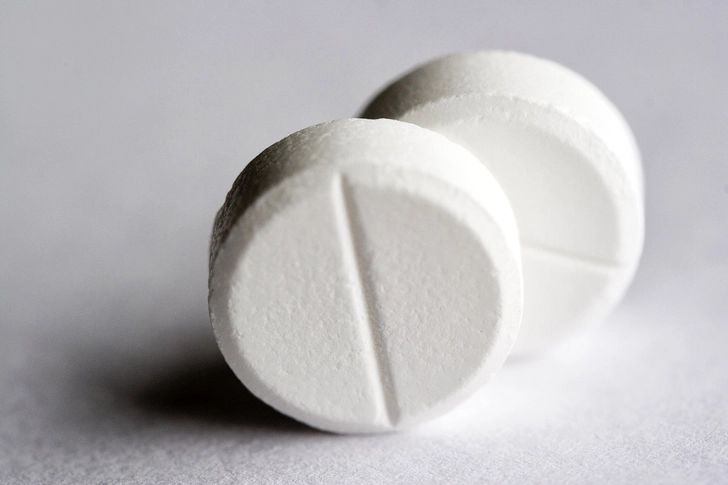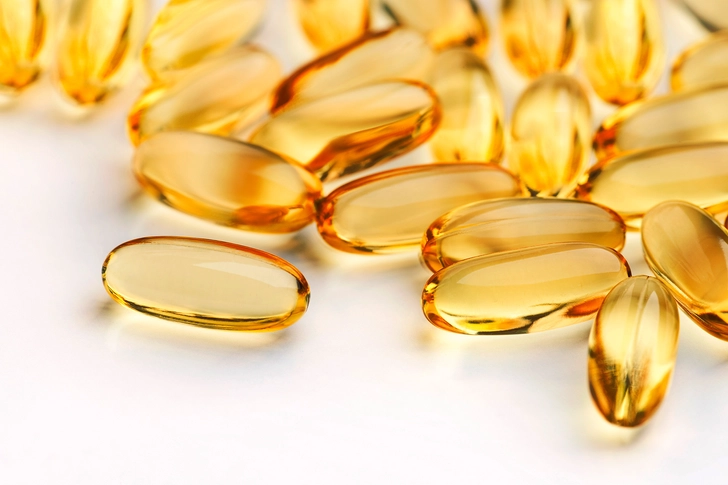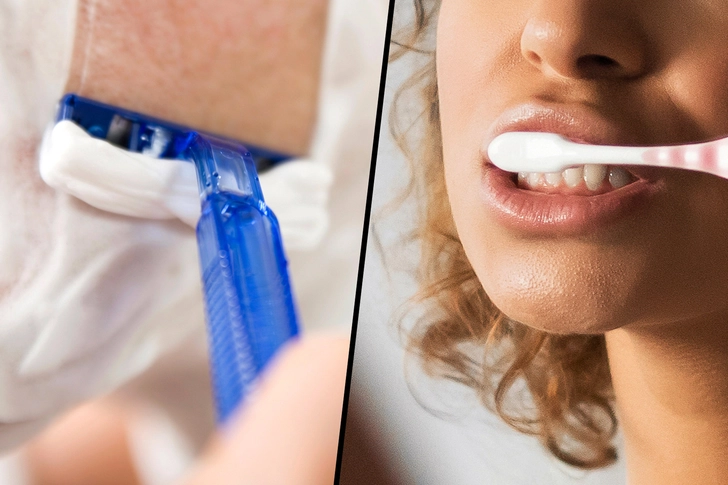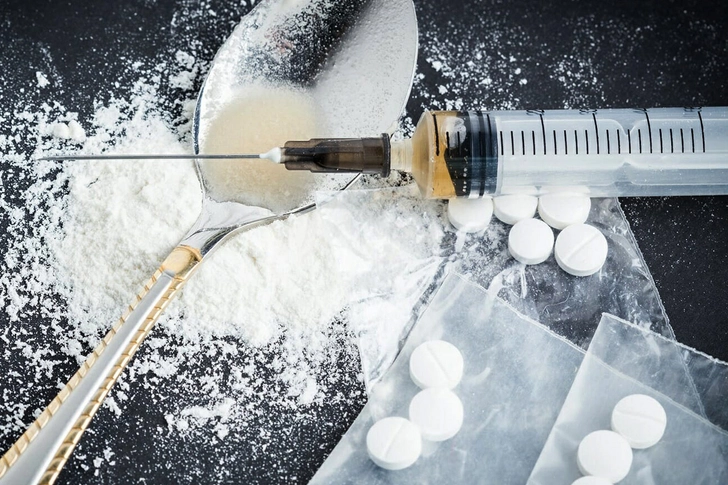Things to Avoid With Hepatitis C



Iron Supplements
Many people with hepatitis C have an iron overload. Taking too much iron may increase your chance of fibrosis (the buildup of scar tissue in your liver). Make sure you’re not taking an iron supplement or a multivitamin with added iron. Unless you have an iron deficiency, your doctor may tell you to avoid it.

Raw Shellfish
Raw shellfish can sometimes carry a virus that causes a different form of hepatitis. This infection can be dangerous or even fatal when you have hepatitis C. Cooking shellfish will kill the virus, but if you eat them raw, you’re at risk of getting it.

Acetaminophen
It’s OK to take some acetaminophen, sold as Tylenol and other brand names, once in a while. But in high doses (more than 2,000 milligrams in 24 hours), or when used frequently, it can harm your liver. At most, stick to a 500-mg tablet or less every six hours for pain relief. Don’t forget that some medications combine acetaminophen with another drug, so check what you’re taking before you dose up. Don’t take acetaminophen if you drink a lot of alcohol or you have cirrhosis.

Certain Antibiotics
Although it’s rare, certain antibiotics, like amoxicillin-clavulanate and azithromycin, can cause further liver damage. Amoxicillin-clavulanate is used to treat bacterial infections in your ears, lungs, urinary tract, and other parts of your body. Azithromycin is used to treat infections such as pneumonia and sinus infections. Talk to your doctor if you need an antibiotic to see what options are best for someone with hepatitis C.

Vitamin A
Taking a vitamin A supplement shouldn't cause harm, but if you’re on a medication with high doses of it (like tretinoin, also called Retin-A, an acne treatment), you may need to stop. Too much vitamin A can be toxic to your liver. Check with your doctor before taking other vitamins or supplements because some of them can also cause liver damage.

Sharing Razors or Toothbrushes
Anything that may have your blood on it can spread hepatitis C to someone else. Don’t share a toothbrush, razor, tattoo needle, or anything else that may have your blood on it.

Alcohol
Drinking alcohol can speed up damage to your liver. Limit your alcohol intake, or better yet, cut out alcohol completely. If you already have liver damage from hepatitis C, avoid alcohol.

Sharing Drug Equipment
The hepatitis C virus can live outside your body for several days to weeks. If you use substances, don’t share your equipment. This goes for pipes, straws, spoons, needles, syringes, or other tools that deliver drugs to your system.

Unprotected Sex
Wear a condom when you have sex. This is especially important if you have your period, open sores, cuts, or wounds, or you take part in rough sex that increases blood-to-blood contact. Protection with a condom helps prevent the spread of hepatitis C.

Smoking
Smoking harms your liver, whether you have hepatitis C or not. Combining smoking with alcohol compounds the damage and hurts your liver further. Talk to your doctor if you need help finding a program or tool to help you quit.
IMAGES PROVIDED BY:
- Photodisc/Getty Images
- iStock/Getty Images
- Mike Rogal/Dreamstime
- E+/Getty Images
- E+/Getty Images
- (Left to right) fStop/Getty Images, iStock/Getty Images
- DigitalVision/Getty Images
- SoniaM2020/Wikipedia
- Stone/Getty Images
- E+/Getty Images
SOURCES:
University of Washington: “Counseling Persons with Chronic HCV Infection.”
USF Health: “Living with HCV.”
U.S. Department of Veterans Affairs: “Viral Hepatitis and Liver Disease.”
National Institute of Diabetes and Digestive and Kidney Diseases: “LiverTox: Clinical and Research Information on Drug-Induced Liver Injury.”
National Health Service (U.K.): “Lifestyle FAQs: Hepatitis C.”
Government of Canada: “Hepatitis C: Prevention and risks.”
Canadian AIDS Treatment Information Exchange (CATIE): “Liver Health.”